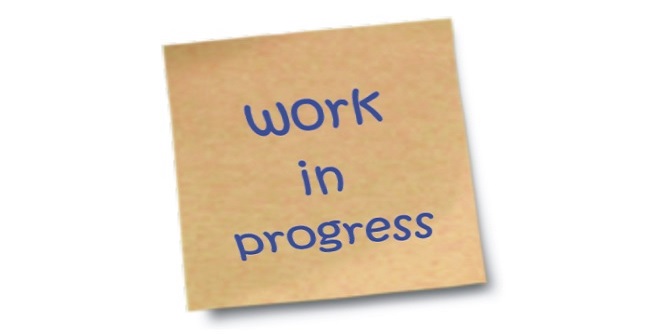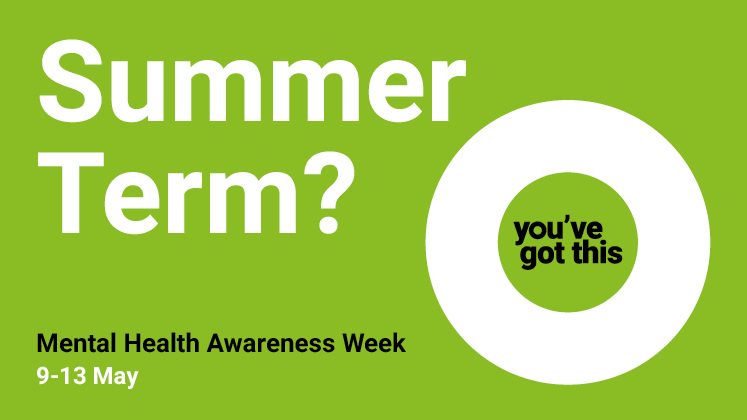So you’ve received an offer from LSE and can’t wait to get started.
As an offer holder you can’t get onto CareerHub yet as you need to register on campus before the system allows you access. However, there are plenty of things you can do before arriving at LSE to help with your future career.
1. See what we can do for you
LSE Careers has a huge range of things that we offer to current students and recent alumni. From appointments and events to advice on starting your own business, we can help you in a variety of ways. Look at our service guide and mission statement to get a fuller idea of what services we offer, and if you have any questions then email us at careers@lse.ac.uk.
2. Look into work experience
While you don’t yet have access to the jobs board on CareerHub, there are other ways you can find work experience, whether it’s over the summer or for when you start your course. Our part-time work page gives you information you need to know about getting this, and our job-hunting pages will give you some places to start looking for jobs.
If you would like a job at LSE while you’re studying, don’t worry. Vacancies for the new academic year often come up at the start of the term, so once you’ve got access to CareerHub you’ll be able to see them as they get posted.
If you want work as a graduate teaching assistant then you need to contact the individual departments you would like to work for directly, as these vacancies do not get advertised.
3. Get familiar with our website
The LSE Careers website is one of the best resources you can use when trying to kick-start, change, or advance your career. We have information on different employment sectors and how to get into them, advice on internships, interviews, assessment centres, psychometric tests, working outside the UK, and more. Look at our blog too for up to date information on a range of careers-related topics.
Have a proper explore for yourself, and see what information is most relevant and useful for you.
4. Prepare your CV
Before you get access to careers appointments, it’s a good idea to get a CV ready beforehand. Our website has a section on CVs that will give you a great basis to start writing your own.
Remember that you need to tailor your CV to the job that you’re applying for, so don’t send out the same CV to every company. For example, if you’re applying for a graduate scheme, you shouldn’t send them a CV that you would use for applying to a part-time job in a restaurant and vice versa.
Give yourself a starting CV to work from, and then you can tailor the information you have there to jobs that interest you in the future.
5. Organise your time
When you start studying, you’re not going to have much time for anything else. If you want to have a part-time job during your degree, it’s a good idea to start planning your time now. While you won’t know your timetable or what your potential work schedule will be like yet, you can plan how many hours that you can allocate to what during your studies.
Breaking into any employment sector can be hard work, so with a little preparation you can save yourself a lot of time. Have a look at our employment sectors pages to give yourself some ideas of where to start.
6. Assemble your career plan
If you know what you want to do after your degree, then awesome! Get started! The career planning section of our website is designed to help you get that first step into your future career, and will give you some tips on how to begin.
Many deadlines for summer internships are set for September and October, so if you’re interested in banking, consulting, or other industries that do this then planning ahead before you start your course is a great use of your time.
Even if your desired career path doesn’t need to be as organised as this, you can still use the time before you come to LSE to figure out exactly how to get to it.
7. Don’t worry if you don’t have a career plan
With all that said, you don’t have to go into your new course with career aspirations in mind. Particularly if you’re starting an undergraduate degree, you have a lot of time to find out what works for you between now and graduation. During your studies, you may even find that your career goals change as you learn, so it’s important to keep an open mind.
LSE Careers can help you find what kind of job would be right for you. Once you’ve registered, come to a one-to-one appointment with our careers consultants to work out what directions you can take. We also run regular events especially for students who aren’t sure what they want to do after their course, as well as course-specific events to help show you your options. Check out our choosing a career page to get a start on this.
8. Follow us on social media
If you’re reading this then you’ve probably already started following us on social media somewhere. We post daily on our primary social media platforms with both information from our department and articles or events that might be relevant to your career interests.
As previously mentioned, we also have this blog that we keep updated with the latest career news. Our main social media accounts are on Facebook and Twitter, so check those out for more information.
9. See our graduate destinations
Not to brag, but our alumni generally go into pretty interesting careers. If you’re about to start a course on a topic you’re passionate about but have no idea where it could lead, our graduate destinations page can give you some great ideas.
Take a look at what students who studied in your department and degree course, so you can see exactly what previous students of your course went into six months after graduation.
We also run a graduate profile of the week section on our blog, so check out those for a more in-depth look into how alumni got into their current careers.
10. Relax
Stop worrying. You’re about to start something amazing which will hopefully be the best years of your life.
When you start your course you’re not going to have a lot of time to relax, so if you’ve got the summer free then make the most of it. Go travelling, see friends and family, or just have a couple of months all about you.
The most important thing to get a great career is understanding yourself, so go out, have fun, and learn what makes you happy.





